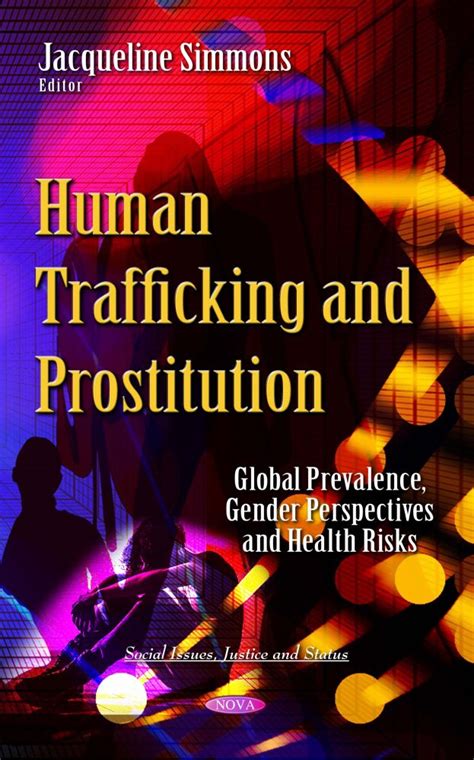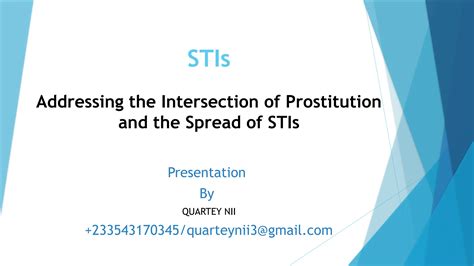Prostitutes Sepuka: A Global Perspective on Prostitution

Definition and Legality

Prostitution is generally defined as the exchange of sexual services for money or other forms of compensation. It is often illegal in many places, though laws vary by country and region. For example, in Japan, prostitution is illegal under modern law when it involves sexual intercourse with an unspecified person in exchange for payment. Despite its illegality, the sex trade continues to exist in various forms worldwide. In some historical contexts, such as Ancient Rome, prostitution was legal and regulated. Brothels even served as tourist attractions. However, today, the practice is often associated with exploitation, human trafficking, and illegal activities.
Historical Context and Modern Practices

Efforts to regulate or decriminalize prostitution are ongoing in some regions, with organizations advocating for the rights and safety of sex workers. In places like Topeka, Kansas, and Sepuka, Tanzania, escort services are advertised, often through online directories or classified listings. These services may include incall or outcall options, with clients choosing from a range of profiles. However, the legality of these activities varies by location, and enforcement can be inconsistent.
Global Perspectives
The issue of prostitution is complex, involving legal, ethical, and societal considerations. It often intersects with discussions about personal freedom, public safety, and human rights. While some argue for decriminalization to improve working conditions for sex workers, others emphasize the need to combat exploitation and trafficking. The global nature of prostitution is evident, with reports and discussions spanning countries such as Japan, Tanzania, and the United States. Cities like Fukuoka, Japan, and Pomona, California, have historically been associated with brothels and sex work. These places highlight the diverse contexts in which prostitution occurs, from street-based work to high-end escort services.
Addressing Prostitution and Its Implications

Efforts to address prostitution include crackdowns on illegal activities, support services for those involved, and advocacy for policy changes. Organizations like the English Collective of Prostitutes campaign for decriminalization and better protections for sex workers. Simultaneously, law enforcement agencies in places like Ripon and Chicago focus on reducing illegal prostitution and related crimes. The topic also draws academic and cultural interest, with studies examining the history of prostitution, its portrayal in media, and its psychological and social implications. From ancient sacred prostitution practices to modern-day escort services, the industry has evolved over time, reflecting changing societal norms and legal frameworks.
In summary, prostitution is a multifaceted issue with deep historical roots and widespread contemporary relevance. Its legal status, cultural perceptions, and social impact vary greatly across the globe, making it a complex and enduring topic of discussion and debate.
*TAGS*: – sex work, escort services, human trafficking, prostitution laws, decriminalization, Sepuka, Prostitutes Sepuka